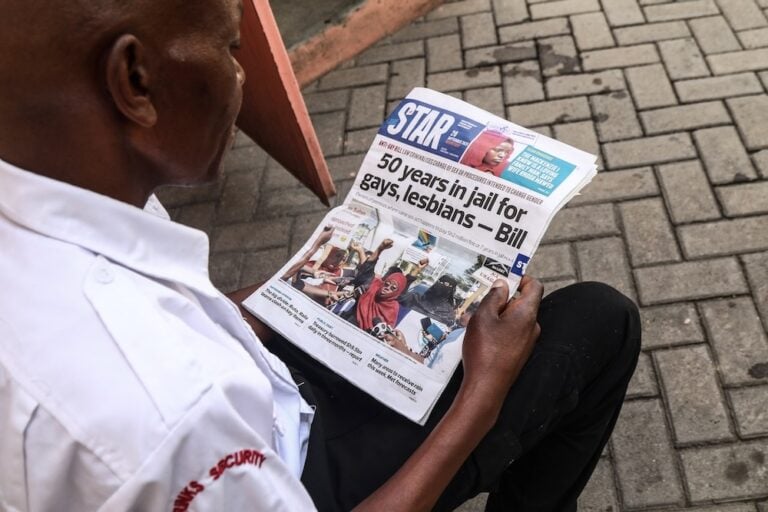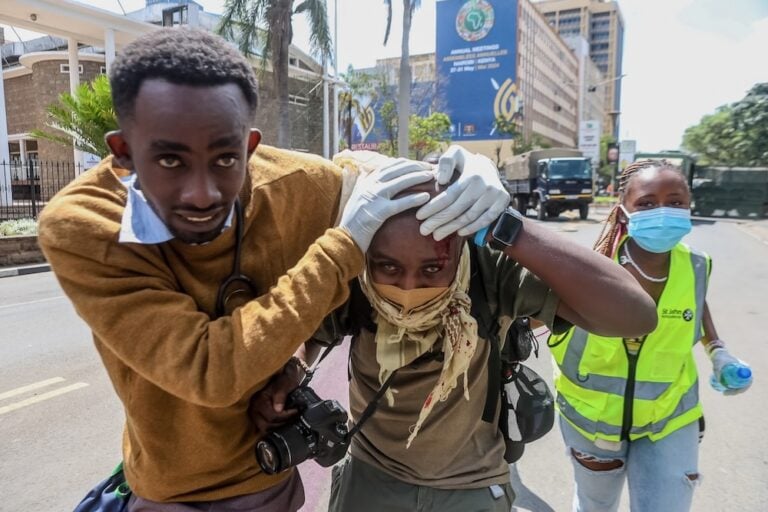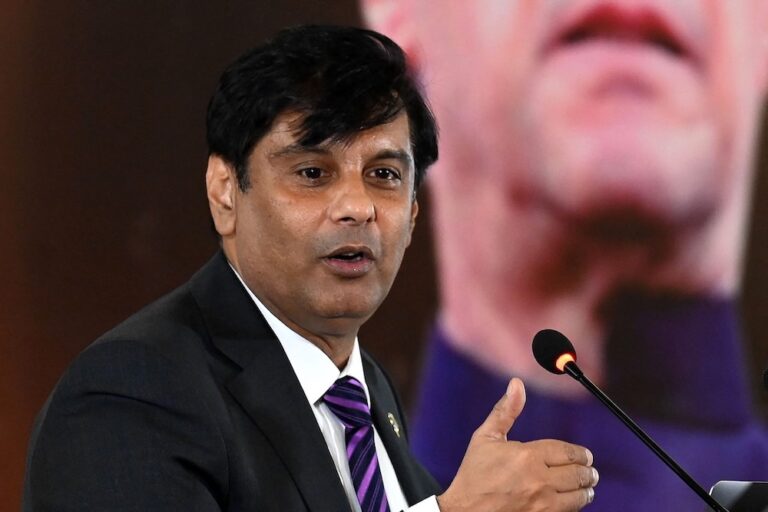(NDIMA/IFEX) – On 30 August 2000, Kenya’s President Daniel arap Moi warned private vernacular radio stations to broadcast in the two national languages (Kiswahili and English) and subsequently directed the Minister of Information, Transport and Communication, Musalia Mudavadi, and the Attorney-General, Amos Wako, to liaise to ensure the requirement is effected. The president noted that […]
(NDIMA/IFEX) – On 30 August 2000, Kenya’s President Daniel arap Moi warned private vernacular radio stations to broadcast in the two national languages (Kiswahili and English) and subsequently directed the Minister of Information, Transport and Communication, Musalia Mudavadi, and the Attorney-General, Amos Wako, to liaise to ensure the requirement is effected.
The president noted that the stations broadcasting in vernacular languages had failed to foster national unity in their programmes which tend to promote tribal chauvinism. He said the state-owned Kenya Broadcasting Corporation (KBC) catered to particular vernacular tastes in its vernacular service, while promoting national unity.
The president’s directive was largely interpreted as a move aimed at taming the recently-launched, but immensely popular, Kikuyu station Kameme FM 101.1 which has found enthusiastic listeners countrywide.
Moments after the address, angry Kenyans reacted sharply to the apparent muzzling of the local vernacular-based broadcasting stations following the apparent ban on the stations by Moi.
Shockingly, “Expression Today” a monthly journal published by the Media Institute had earlier made a scathing attack on Kameme 101.1 FM. In the 20 August 2000 issue of the journal, David Makali the Media Institute’s executive director said “Primarily there is nothing wrong with a station broadcasting in a vernacular language because, well, literally everyone speaks one. The question is, how many communities inhabit the city and do they all have their own stations? The argument has been advanced that the licence is issued to an individual or commercial company and not a community. But unless it is proved that there are other licensed vernacular stations or such licences are there for the asking (which I would object to), I am inclined to believe someone is playing a crude chauvinistic joke on us.”


